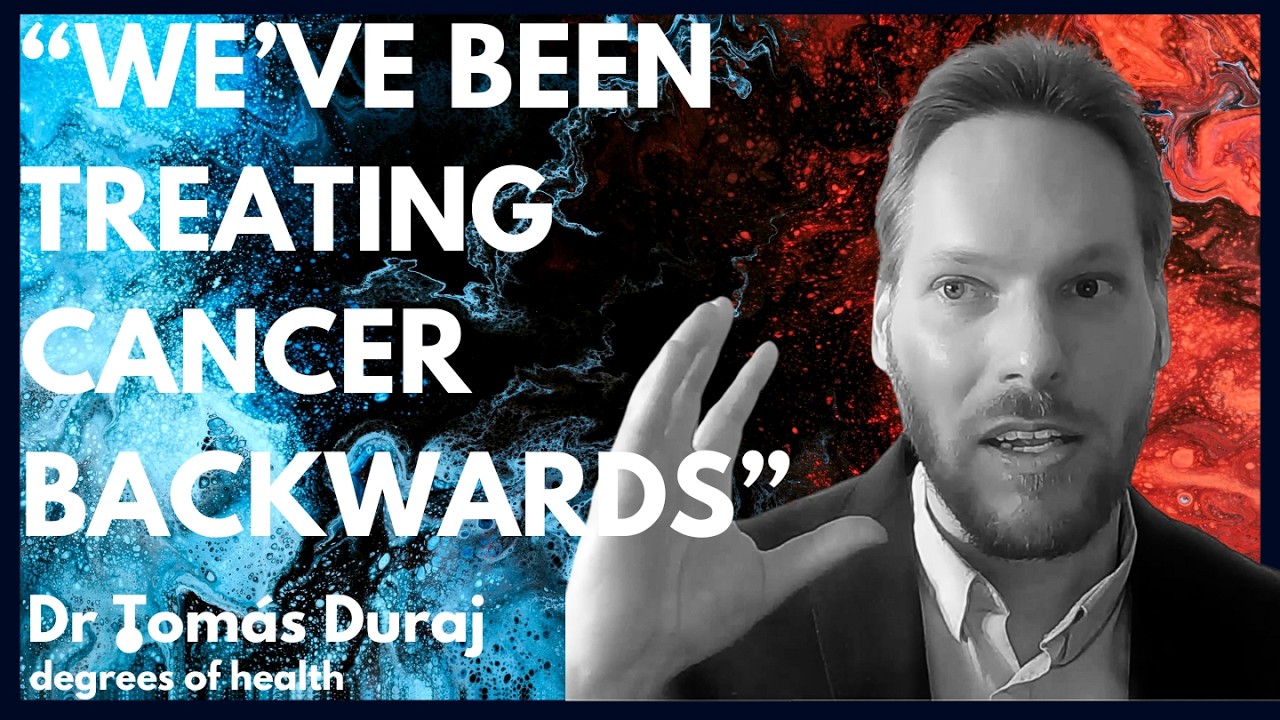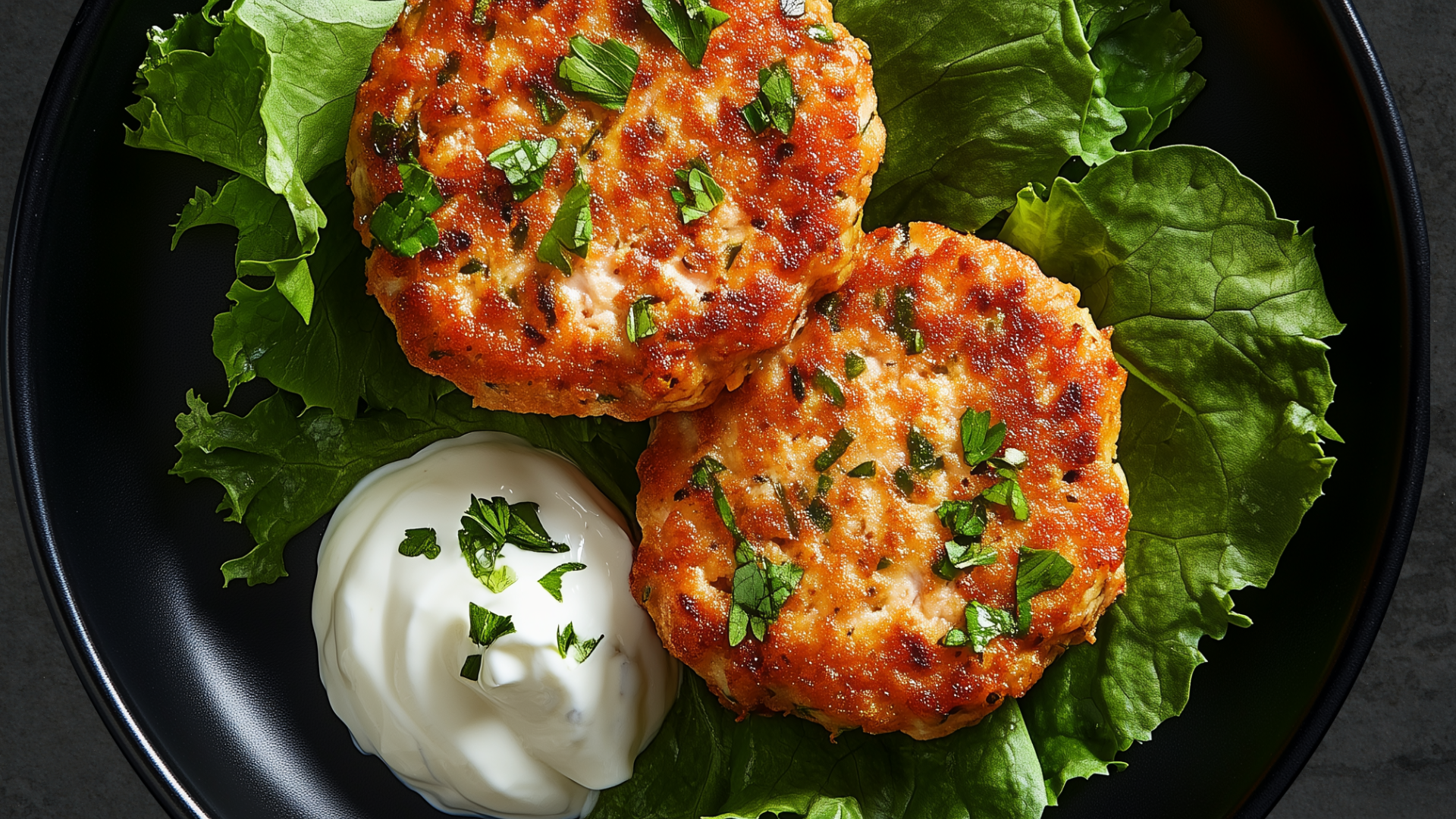The
Daily
Fix
Rest
Spicy Salmon Cakes
Why Mitochondria Matter More Than Mutations

Rest day
Creamy on the inside with a slight kick from the sriracha and freshness from the lemon zest.
"We've been treating cancer backwards"
Enjoy the recovery time, or make-up anything you missed from last week.
Ingredients
2½ oz salmon
1 cup baby gem lettuce
¼ onion, finely chopped
2 Tbsp scallions, chopped
1 Tbsp sriracha (or adjust to taste)
1 tsp garlic, minced
1½ Tbsp butter
2 Tbsp parsley, chopped
¼ cup sour cream
1 oz cream cheese, softened
1 egg white, beaten
1 tsp lemon zest
Salt and pepper to taste
Macronutrients
Protein: 27g
Fat: 37g
Carbs: 6g
Preparation
Cook the salmon: Season the salmon (2 ½ oz) lightly with salt and pepper. In a skillet over medium heat, melt ½ tablespoon of butter. Cook the salmon for 2-3 minutes per side or until opaque and easily flaked with a fork. Allow it to cool slightly, then flake into small pieces.
Prepare the salmon mixture: In a mixing bowl, combine the flaked salmon (2 ½ oz), chopped onion (¼), chopped scallions (2 Tbsp), minced garlic (1 tsp), chopped parsley (2 Tbsp), lemon zest (1 tsp), and sriracha to taste. Mix well to combine. Add the softened cream cheese (1 oz) and mix until it's well incorporated, giving the mixture a creamy consistency. Stir in the beaten egg white (1) to help bind the ingredients. Season with salt and pepper to taste, then form the mixture into small patties (about 2-3 inches in diameter).
Cook the salmon cakes: Heat butter (1 ½ Tbsp) in a skillet over medium heat. Once the butter is melted and hot, add the salmon cakes to the pan. Cook for 3-4 minutes per side, or until golden brown and crispy on the outside. Be careful when flipping to keep the cakes intact.
Serve: Plate the salmon and cream cheese fish cakes on top of a bed of baby gem lettuce. Serve with a dollop of sour cream on the side for dipping and garnish with extra parsley if desired.
Tips: The cream cheese makes the fish cakes extra soft and rich, so handle carefully when cooking to avoid breaking them. Use cooked fresh salmon or canned salmon (drained) for convenience.
Dr. Tomás Duraj takes us through a paradigm-shifting look at cancer - exploring the metabolic theory, how it contrasts with the prevailing somatic mutation theory, and why mitochondrial dysfunction may hold the key to both treatment and prevention.
This episode covers the history of cancer theory, the evolutionary biology behind it, and why current models might be missing the mark by focusing on downstream symptoms instead of upstream causes.

WEDNESDAY 250507